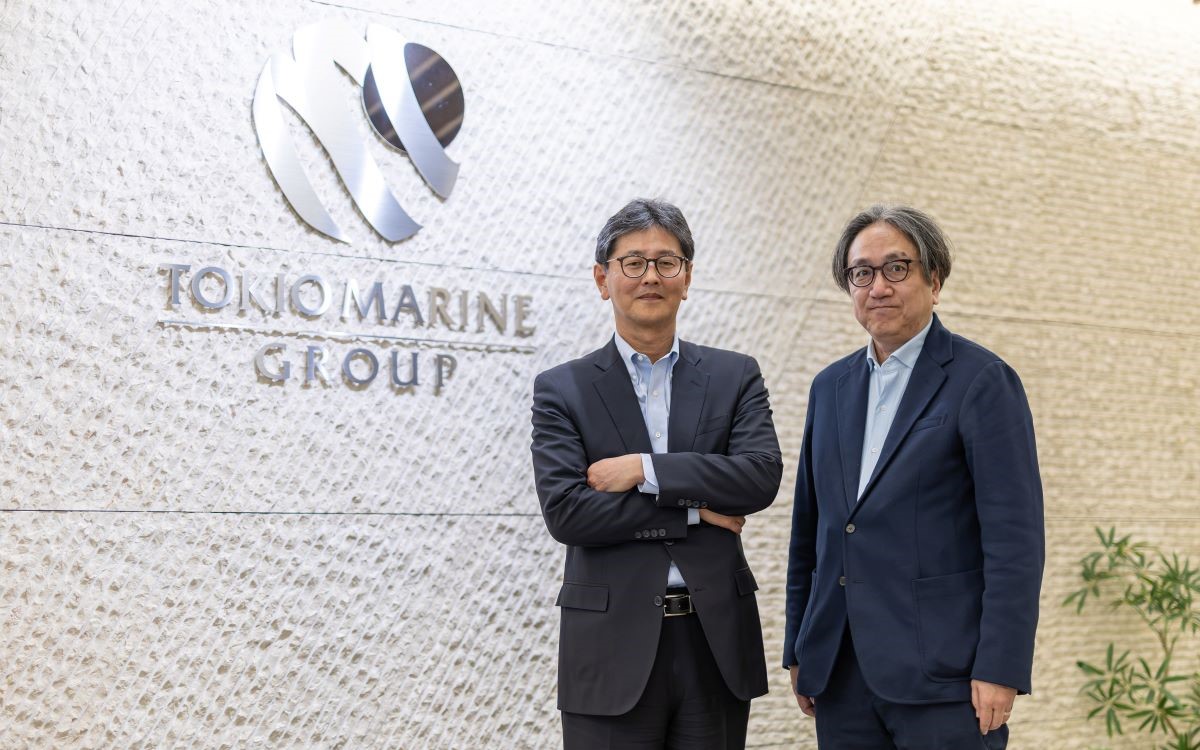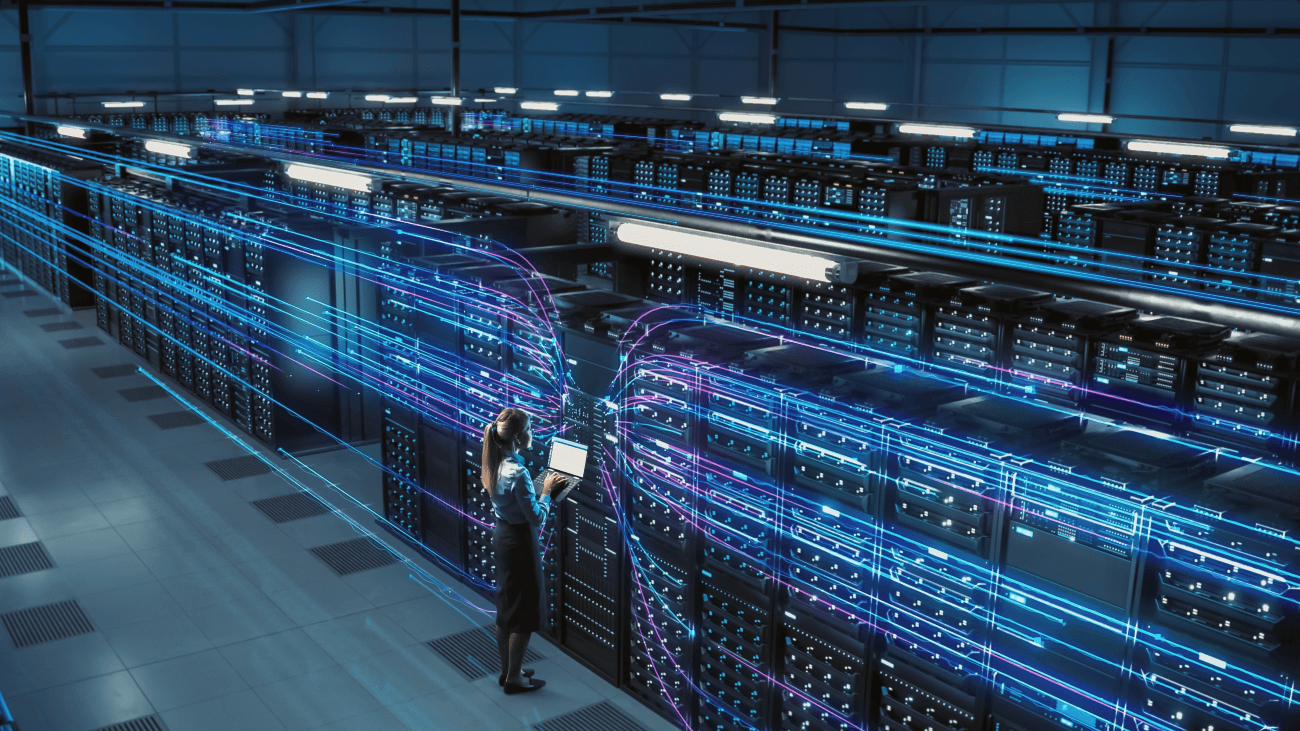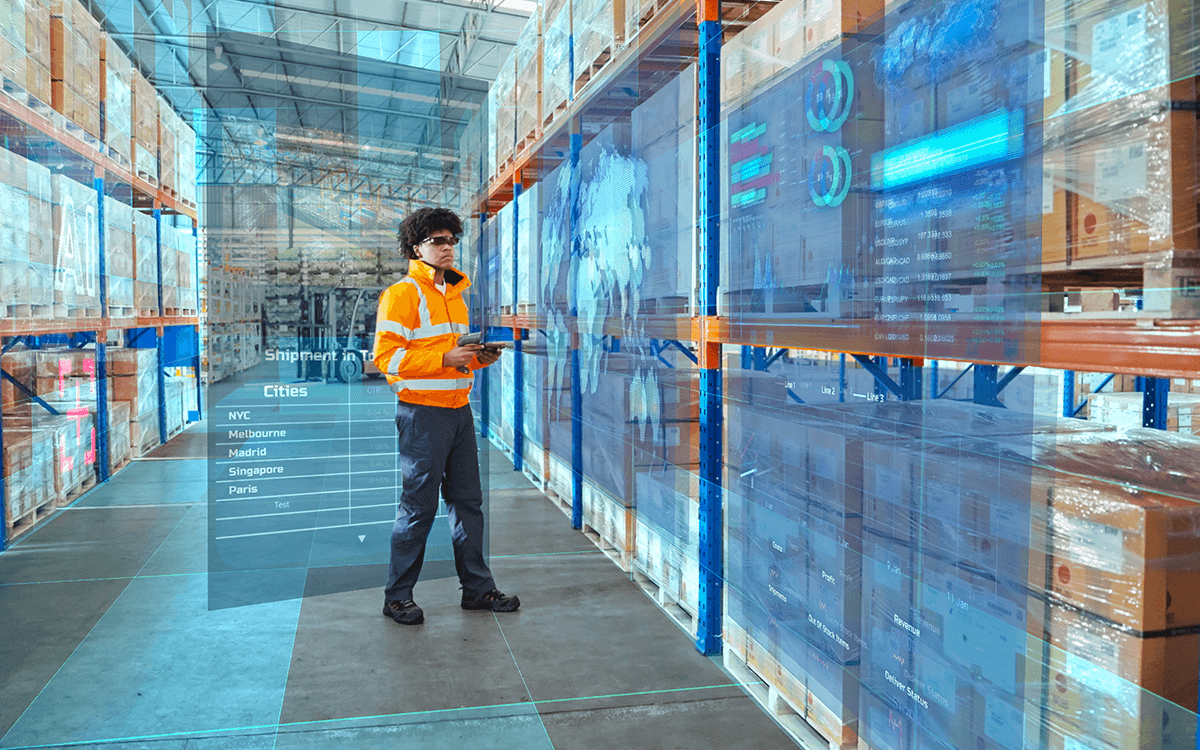The route to credible sustainability
Fujitsu / July 3, 2023
As humanity's impact on the world and its environment becomes more apparent, there is a growing recognition of the need for greater responsibility, both individually and collectively. This shift is essential for safeguarding our planet and creating a more equitable and prosperous society that promotes the wellbeing of all.
In response to this global challenge, sustainability transformation and Environmental, Social, and Governance (ESG) issues have become increasingly important for organizations. Companies are facing mounting pressure to report and demonstrate their commitment to sustainability. In this blog post, we will explore the steps that organizations must take to credibly address these issues. By following these strategies, organizations can not only meet their sustainability goals but also enhance their reputation and competitiveness in an increasingly environmentally conscious market.
Considering the entire value chain
When assessing an enterprise's ESG and sustainability performance, it is vital to consider the entire value chain, from sourcing raw materials to disposing of products at the end of their life. In doing so, enterprises must adopt a holistic approach that encompasses upstream and downstream activities. This approach necessitates a commitment to inclusive and open innovation, creative supply chain design, and partnerships with external collaborators.
One way enterprises can ensure sustainability in their supply chains is by implementing ethical practices. An ethical supply chain prioritizes Corporate Social Responsibility (CSR) and strives to produce products and services in a manner that treats suppliers, stakeholders, employees, communities along the supply chain, and the environment ethically. Consumers are increasingly demanding verification that a company's partners and suppliers adhere to the same commitments.
When evaluating the sustainability of a supply chain, consumers are asking several crucial questions about brands and their partners. These questions include whether each link in the supply chain takes care of its employees by offering fair and livable wages, benefits, sustainable workloads, and equitable access to employment and treatment on the job.
Consumers also seek to understand whether materials are sourced from renewable sources or those that employ low-impact extraction methods. Furthermore, they want to know if enterprises verify or certify adherence to environmental values through a chain of custody for inputs. By addressing these concerns, businesses can demonstrate their commitment to sustainability and ethical practices, thereby building trust with consumers and enhancing their reputation as a credible sustainable enterprise.
Focusing on trusted data and insights
To ensure sustainable practices across the end-to-end value chain, enterprises need trusted data and insights. However, complex ecosystems pose challenges that require visibility and standardization to overcome obstacles. To address these challenges, companies must invest in robust data collection, traceability, and management systems and implement internationally recognized standards and guidelines. Technology can play a significant role in improving data collection, analysis, and reporting and increasing transparency and accountability in sustainability practices.
IoT devices and sensors are examples of technology that can improve data collection and management. By collecting real-time data on sustainability-related metrics such as energy consumption, water usage, and emissions, enterprises can identify areas of improvement and set goals and targets.
Blockchain technology is another tool that can increase transparency and credibility in sustainability data. By creating a tamper-proof record of transactions, blockchain enhances supply chain transparency and authenticity. It can track and trace the origin and journey of products and materials throughout the value chain, helping enterprises ensure that their products are produced sustainably and comply with social and environmental standards. Moreover, by providing every stakeholder with access to identical data and preventing alteration or tampering, blockchain can increase the efficiency of data sharing, reduce delays and settle disputes quickly.
Artificial intelligence (AI) can also analyze large amounts of data and identify patterns and trends that can inform decision-making and strategy. For instance, machine learning algorithms can predict energy consumption data patterns and future demand, allowing enterprises to optimize energy usage and reduce costs.

Embracing the ecosystem economy
In the rapidly changing business landscape, companies must adapt to the new economic reality by prioritizing value creation for all stakeholders, including customers, employees, partners, and communities. An ecosystem economy approach, centered on collaboration and partnerships, can help companies achieve success while also addressing societal and environmental concerns.
To succeed in the ecosystem economy, companies must be willing to adapt their business models and processes in a way that allows them to build and maintain relationships with various stakeholders for mutual benefit, including leveraging each other’s data, technology and expertise. By doing so, they can reap significant benefits, including increased revenue, improved efficiency, and a positive impact on society and the environment.
One significant advantage of the ecosystem economy is that it enables companies to create a truly integrated customer journey. This approach builds consumer trust and simplifies reporting and delivering on sustainability objectives and goals. By partnering with companies from different sectors, businesses can leverage their strengths and create more value for customers and all ecosystem participants.
Making a bold commitment to the future
As organizations face increasing pressure to demonstrate their commitment to sustainability, a comprehensive and strategic approach is necessary. A sustainable enterprise must prioritize trusted data and insights, embrace the ecosystem economy, and adopt a holistic approach that considers the entire value chain.
By doing so, businesses can work together more effectively to address common challenges. As the world continues to evolve and prioritize impact, businesses that commit to this approach will be better equipped to succeed and lead the way towards a more sustainable future.
The shift towards sustainability is not only crucial for protecting the environment but also for creating a more equitable and prosperous society that brings opportunity for all. By taking action now, businesses can make a difference and contribute to a better world for future generations.
Innovative solutions that address business challenges and solve societal issues
Uvance
Fujitsu established its new purpose in 2020, taking a new path to transform into a business based on the ideal vision of society to realize a more sustainable world. As it envisions the problems that it anticipates will arise in 2030, Fujitsu has identified seven key focus areas to form the basis of Uvance.
Read more
Editor's Picks













